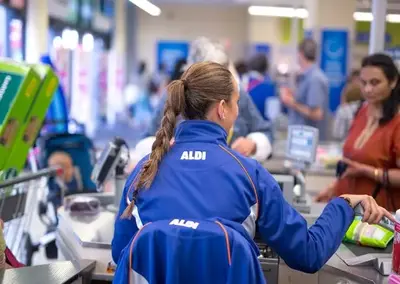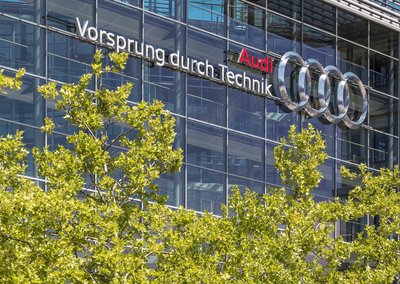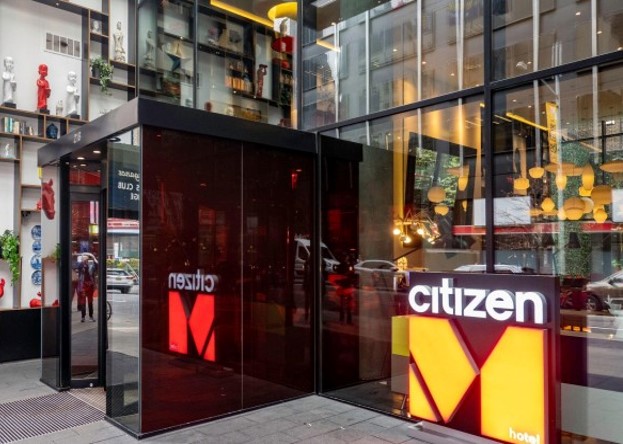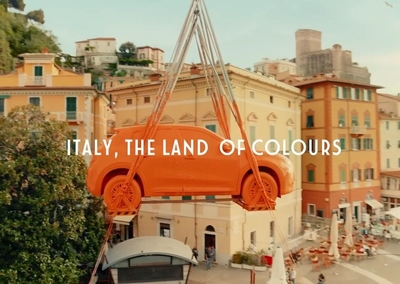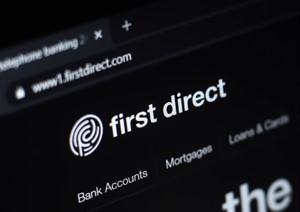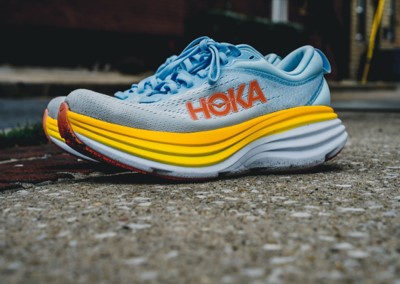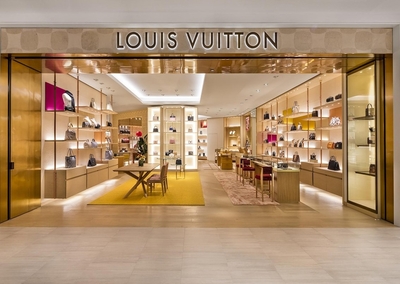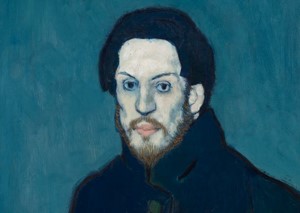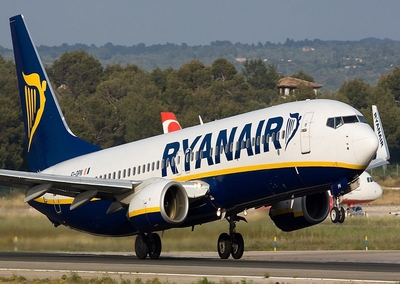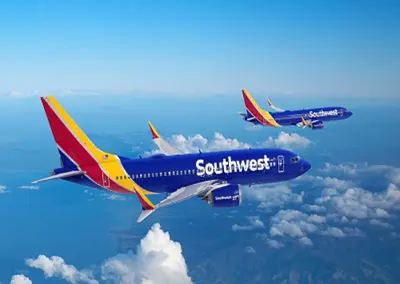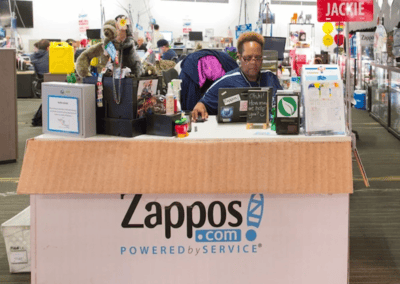Aldi makes it hard (actually, impossible) to buy branded goods and to have them delivered to your home. But this obstacle allows the brand to keep ruthlessly competitive prices, and frees up staff to assist customers in stores.
Innovating by saying no
Brands often win by limiting their options instead of expanding them.
Rather than defining and targeting the small group of consumers most likely to buy the brand – the standard approach for online ad campaigns – Audi defined those who explicitly rejected the brand and targeted everyone else. This meant they were going after a much broader audience, all of whom had at least some propensity to buy the brand. The impact was stark: a significant improvement in campaign conversions, and a compelling case for using data to avoid the worst, rather than find the best.
The challenger brand has disrupted the hotel industry by asking a simple question: “what don’t we need?” Apart from a strong focus on technology and convenience, its hotels shun many other standard features. That’s why they are situated in prime locations, but they use just 4.5 staff per shift and all rooms are identical.
Fiat recently made the bold decision to stop selling grey cars. CEO Olivier Francois said this was “reinforcing Fiat’s leadership as the brand of joy, colours and optimism.” The strategy doesn’t come without its risks, with grey being the most popular colour for new cars in many of Fiat’s most important markets. But a strengthened commitment to the brand’s vibrant Italian roots will help it to resonate with customers looking for a more exciting choice of car.
First Direct effectively told people: you can’t visit us in store, because we don’t have branches, but instead we’ll give you brilliant customer service over the phone. The company’s two million customers now get to enjoy an average 39 second telephone wait time versus eight minutes for the wider industry.
The billion dollar shoe brand actively limits its distribution to maintain a sense of scarcity and value. Until recently the shoes were available in less than 20% of Dick’s sporting good stores – and company executives sound proud of how few places you can find a pair of Hokas.
Louis Vuitton is one of few brands that never discounts products. “Items advertised as discounted on the Web are invariably fake,” it states online. This is a smart decision for the luxury brand, which realises that doing so retains the value of the products while sending the confident message that the original price is exactly as it should be.
in 1901, Picasso imposed a self-constraint to boost creativity. His ‘blue period’ helped him produce paintings that conveyed a sense of melancholy and sadness, and shattered the assumption that paintings required a range of vibrant colours to be successful.
Michael O’Leary removed the add-ons that make flying pleasurable. Ryanair routinely ranks bottom in airline surveys. Its social media is full of complaints about cancelled flights and extra baggage fees. But it’s a ruthless provider of low fares and high punctuality, and Europe’s most profitable airline.
In the early days, Southwest Airlines had to sell one of their planes or face bankruptcy. Noticing that the average gate turnaround time was about 60 minutes, they would be able to fly all their current routes with one less plane they if they could shrink their gate turnaround time from 60 minutes to 10 minutes. So they developed a radical new boarding process with no assigned seating, and in doing so revolutionised the airline industry.
Zappos, the online retailer, tells its call centre employees that they can never use a script, and they can never upsell. This unconventional approach makes the experience distinctly human, and has established Zappos as a leader in customer service.

